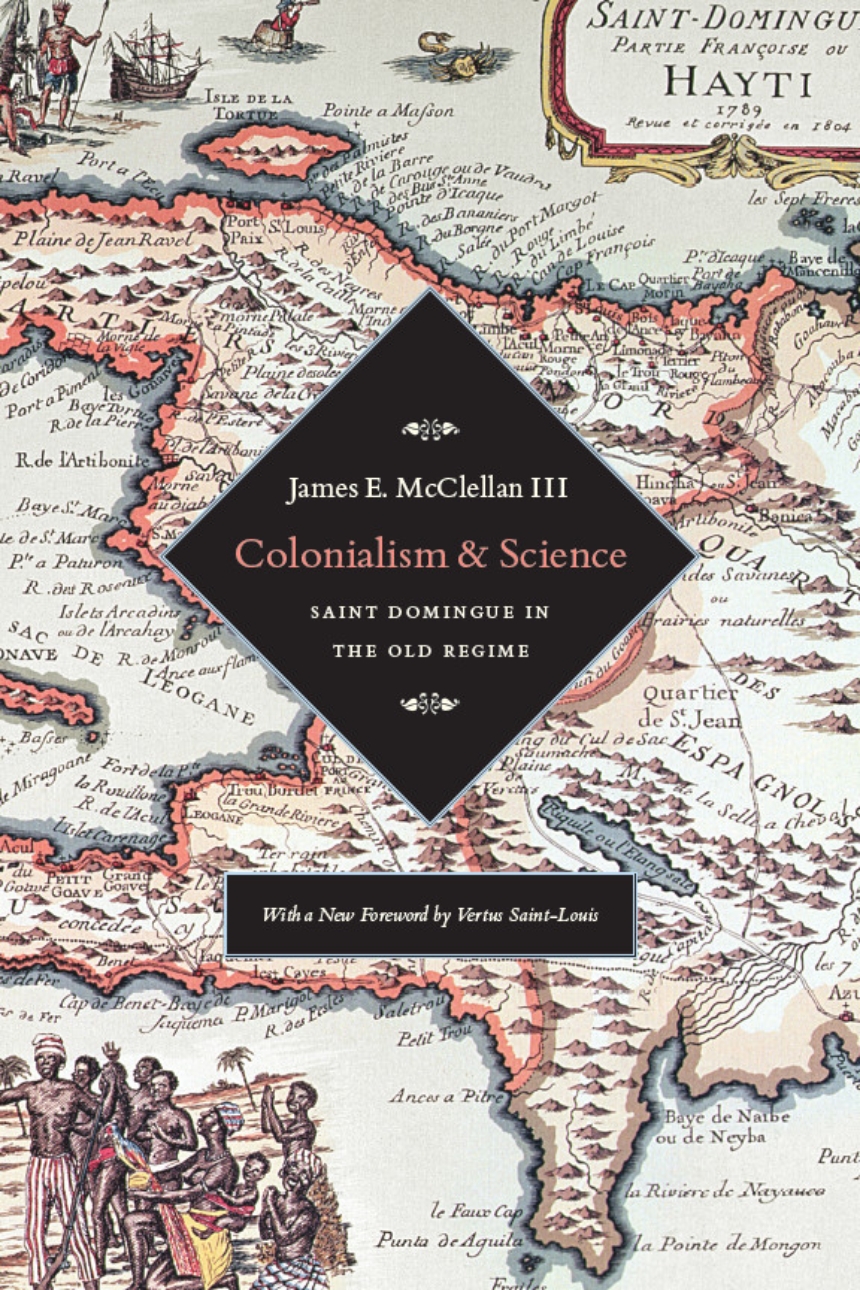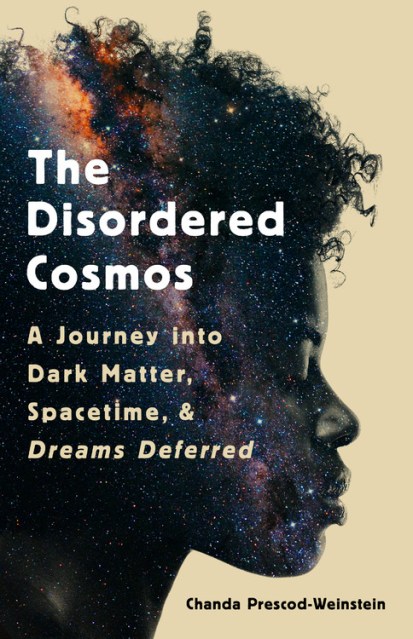Check Out Our
Book Club
About Our Book Club
Our goal with this book club is to create space for discussions about gender inequalities (as well as other critical issues) in physics and how those inequalities impact scientists, research, and our scientific community, all with a spirit of learning, fun, and community.
Our meeting are open to all, regardless of whether you’ve read the book or not, since we want to use readings as a vehicle for discussions.
Free digital and physical copies are available for members. For more information, please contact wip@umd.edu.
PUGs currently hosts weekly book club meetings on
Tuesdays 2pm to 3pm in PSC 1148.
We are currently Reading
Colonialism and Science:
Saint Domingue and the Old Regime

Contributors
About The Book
“How was the character of science shaped by the colonial experience? In turn, how might we make sense of how science contributed to colonialism? Saint Domingue (now Haiti) was the world’s richest colony in the eighteenth century and home to an active society of science—one of only three in the world, at that time. In this deeply researched and pathbreaking study of the colony, James E. McClellan III first raised his incisive questions about the relationship between science and society that historians of the colonial experience are still grappling with today. Long considered rare, the book is now back in print in an English-language edition, accompanied by a new foreword by Vertus Saint-Louis, a native of Haiti and a widely-acknowledged expert on colonialism. Frequently cited as the crucial starting point in understanding the Haitian revolution, Colonialism and Science will be welcomed by students and scholars alike.”
We Previously read
The Disordered Cosmos
A Journey into Dark Matter, Spacetime, and Dreams Deferred
Contributors
About The Book
“In The Disordered Cosmos, Dr. Chanda Prescod-Weinstein shares her love for physics, from the Standard Model of Particle Physics and what lies beyond it, to the physics of melanin in skin, to the latest theories of dark matter—along with a perspective informed by history, politics, and the wisdom of Star Trek.
One of the leading physicists of her generation, Dr. Chanda Prescod-Weinstein is also one of fewer than one hundred Black American women to earn a PhD from a department of physics. Her vision of the cosmos is vibrant, buoyantly nontraditional, and grounded in Black and queer feminist lineages.
Dr. Prescod-Weinstein urges us to recognize how science, like most fields, is rife with racism, misogyny, and other forms of oppression. She lays out a bold new approach to science and society, beginning with the belief that we all have a fundamental right to know and love the night sky. The Disordered Cosmos dreams into existence a world that allows everyone to experience and understand the wonders of the universe.”
We Previously Read
The Only Woman in the Room
Why Science is Still a Boys’ Club
Contributors
About The Book


